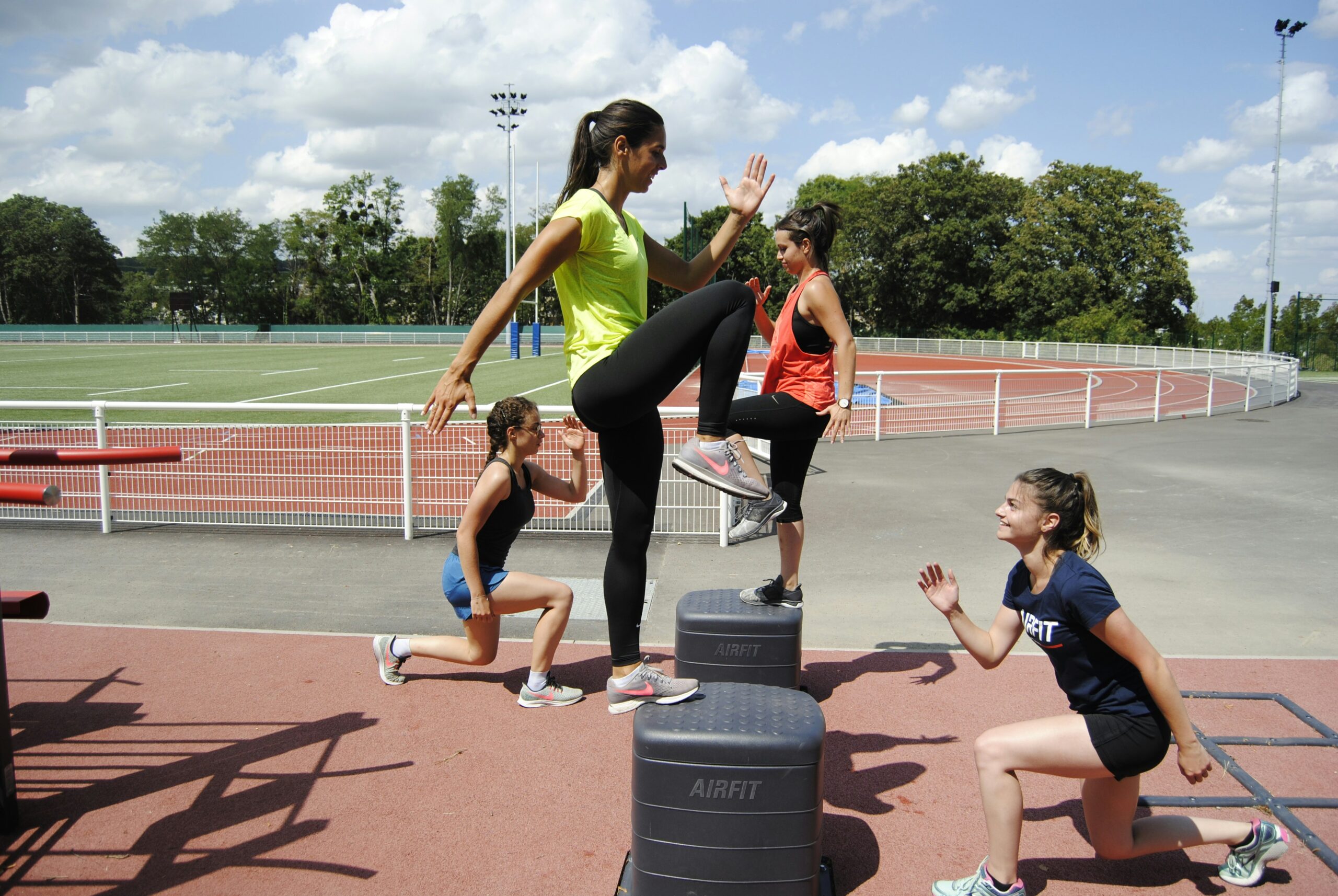Exercise Timing For Blood Sugar

Managing Blood Sugar Levels with Exercise Timing
Exercise is a powerful tool in managing Type 2 Diabetes, but when you exercise can be just as important as how you exercise. At our physiotherapy and exercise physiology clinic, we often help clients fine-tune their exercise timing for blood sugar level to better stabilise their blood sugar levels throughout the day.
Whether you’re newly diagnosed or looking to improve your diabetes management, understanding the link between exercise timing and blood glucose control can help you make smarter decisions for your health.
Why Exercise Helps with Blood Sugar Control
First, a quick refresher: when you move your body, your muscles use glucose (sugar) for energy. This naturally lowers the amount of sugar in your bloodstream and improves insulin sensitivity. Regular physical activity also helps reduce insulin resistance, allowing your body to manage blood glucose levels more efficiently over time.
But the effects of exercise can vary depending on when you work out.
The Impact of Exercise Timing
Here’s how different workout times may affect your blood sugar:
Morning Exercise (Fast or Post-Breakfast)
Pros:
- Can help lower fasting glucose levels
- Boosts metabolism for the day
- Good option if you’re an early riser
Considerations:
- Some people may experience higher blood glucose levels first thing in the morning due to the “dawn phenomenon” (a natural rise in blood sugar before waking). Light activity can help counteract this.
Tip:
- Try walking or gentle resistance training after a light breakfast to avoid dips in blood sugar
Post-Meal Exercise (Especially After Lunch or Dinner)
Pros:
- Helps blunt the post-meal glucose spike
- Excellent for blood sugar regulation
- Even light activity (like walking) can have a big impact
Best for:
- People with high post-meal glucose readings
- Those looking for a simple way to improve control without long workouts
Tip:
- Aim for 10–30 minutes of movement, like walking or cycling, within 30–90 minutes after eating.
Evening Workouts
Pros:
- Can help lower blood sugar before bedtime
- Reduces sedentary time in the evening
- Great for those with busy mornings
Considerations:
- Intense workouts too close to bedtime might affect sleep
- Important to monitor blood sugar closely to avoid overnight lows
Tip:
- Opt for moderate activities like yoga, bodyweight circuits, or stretching if exercising late.
What Our Clinicians Recommend
At our clinic, our exercise physiologists and physiotherapists help you figure out the best time to exercise based on your lifestyle, medications, and blood sugar patterns. Some of the strategies we explore together include:
-
Reviewing your glucose readings to pinpoint the times your levels are most elevated
-
Testing your response to different workout times with a continuous glucose monitor (CGM) or finger-prick testing
-
Tailoring exercise type, intensity, and duration to your body’s specific needs
-
Coordinating exercise around meals and medications to reduce blood sugar fluctuations
Key Safety Tips
-
Always monitor your blood sugar before and after exercise, especially if you’re on insulin or blood sugar-lowering medications.
-
Stay hydrated and carry a snack just in case your levels drop during or after a session.
-
Listen to your body, feeling shaky, dizzy, or overly fatigued could be a sign your blood sugar is too low.
Get The Most Out of Exercise
Exercise is one of the most effective tools for managing Type 2 Diabetes and the timing of your workouts can significantly enhance your results. Whether it’s a short walk after lunch or a strength session in the morning, finding what works best for your body is key.
At our clinic, we’ll help you personalise your exercise routine to fit your lifestyle and support better blood sugar control, one session at a time.
Manage Diabetes with exercise now and reach out to Pivotal Motion Physiotherapy, we’re here to help you feel your best. Get in touch with us today, and our team will be able to discuss with you in more depth on how we can help you. Book online or call us on 3352 5116.
